Search Results for Tag: television
People who innovate: Alchemiya founder Navid Akhtar
 Media tends to focus on bad news. This is especially true when it comes to Islam and the Muslim world. But in London, a new media startup sets out to change this. Alchemiya, a new video-on-demand platform, will work like Netflix with a catch: it plans to showcase content about Muslim life aimed at urban Muslims. Its founder, British journalist and documentary producer Navid Akhtar, spoke with onMedia’s Jannis Hagmann about how he grew tired of reporting on extremism and what he has learned from his own media project development.
Media tends to focus on bad news. This is especially true when it comes to Islam and the Muslim world. But in London, a new media startup sets out to change this. Alchemiya, a new video-on-demand platform, will work like Netflix with a catch: it plans to showcase content about Muslim life aimed at urban Muslims. Its founder, British journalist and documentary producer Navid Akhtar, spoke with onMedia’s Jannis Hagmann about how he grew tired of reporting on extremism and what he has learned from his own media project development.
![]() read more
read more
Using compact cameras to make great TV
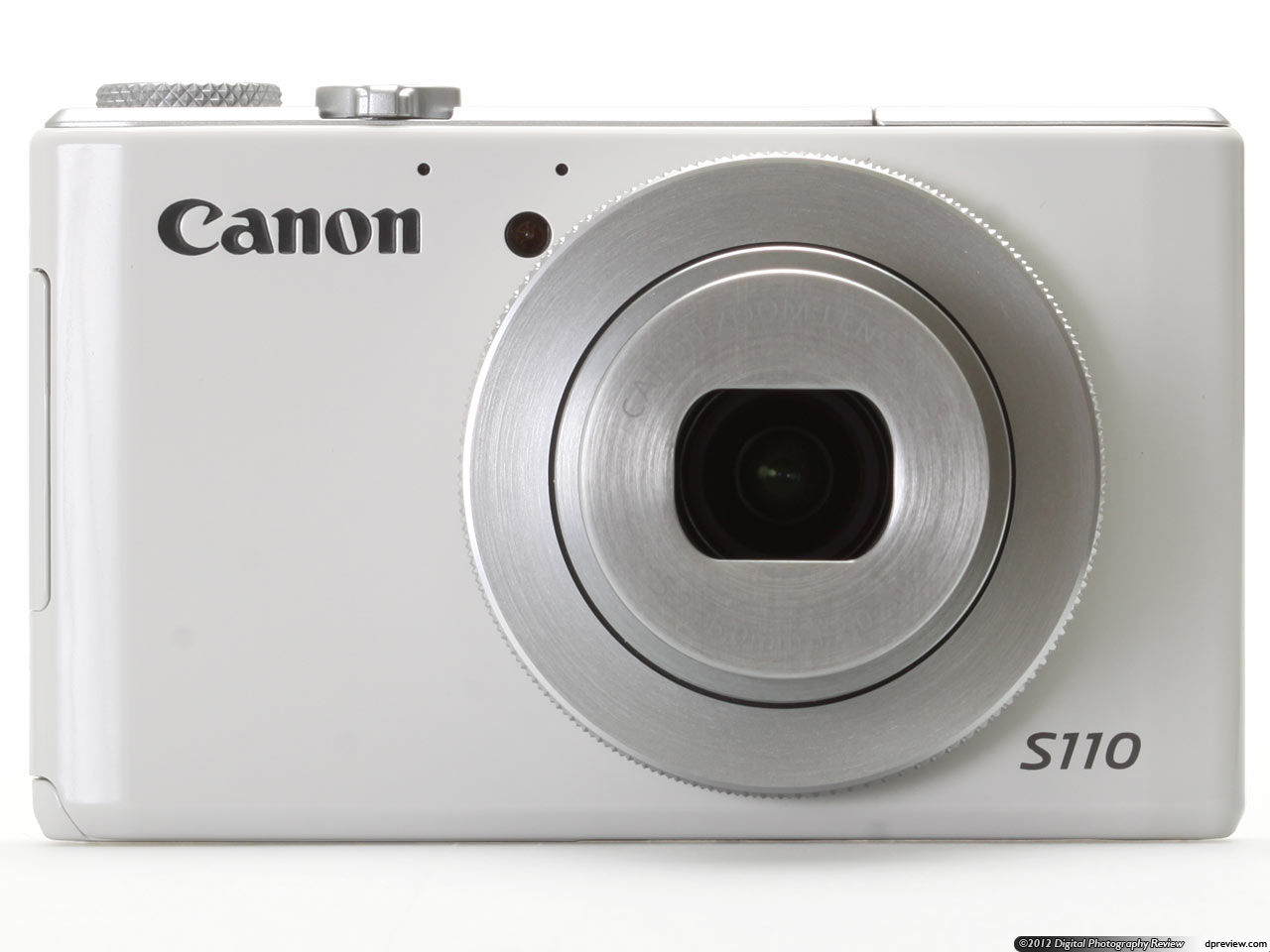 In previous onMedia posts, we’ve explored making video for the web using camcorders and mobile phones. But compact digital cameras are also making a big impact in television. They allow journalists to shoot video from unusual points of view and because of their smaller size, they also make it easier for camera operators to capture authentic footage and interviews.
In previous onMedia posts, we’ve explored making video for the web using camcorders and mobile phones. But compact digital cameras are also making a big impact in television. They allow journalists to shoot video from unusual points of view and because of their smaller size, they also make it easier for camera operators to capture authentic footage and interviews.
Among his equipment, professional cameraman and documentary filmmaker Christian Parkinson has a small point and shoot digital camera, which he uses to produce quality films for broadcast. He talks to onMedia about his experience of working with compact cameras.
![]() read more
read more
Using graphics in your video, and using them well
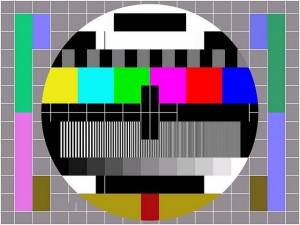
Photo: flickr/gywst
Infographics can enhance a visual story’s appeal and are extremely helpful in presenting complex information in an easy-to-understand way. Now, it’s easier than ever to use graphics in your videos thanks to more advanced and user-friendly software. OnMedia’s Kyle James takes a look at how a production team from Indonesia used graphics effectively in their award winning video feature.
![]() read more
read more
Making broadcasting more social

photo: flickr/Affiliate
For too many broadcasters, social media still remains something of an afterthought. A producer might promote an upcoming program on the Facebook page or send out a tweet. But really, much more can and should be done. These days, social media needs to be part of the entire broadcast production process.
![]() read more
read more
Moving the camera and producing long features in African Stories II
As the African Stories project evolves, the television production teams working with DW Akademie are not only building on the skills they learned in the first series of training, but are now beginning to master new visual storytelling techniques for longer and more in-depth feature stories.
(Click on the Playlist above to watch the four feature stories produced during the workshop by the teams from NBC, MBC-TV, Muvi-TV and Multi TV.)
Following the recent workshop in Namibia, DW Akademie Project Manager André Surén talked to onMedia about how the African Stories team are training crews to produce stories in a reportage style that strives for more dynamic filming through moving the camera and following action.
![]() read more
read more
Histoires Africaines II: Le rap, les lasers, les poulets et du sel -un mix captivant
“C’est où votre péripétie?” demande Ramata Konaté. Ibrahima Keita la regarde. Il montre du doigt au mur où il a collé son story-board: “C’est ici que le ramasseur du sel compte ses bassines de sel.”
Nous sommes à Dakar en pleine session de formation. Quatre équipes de télé, venant de quatre pays différents, chacune composées d’un journaliste, d’un caméraman et d’un monteur se sont réunis pour suivre la première session du projet Histoires Africaines II.
C’est le dernier jour de préparation, demain les tournages commencent. Le but de ces deux semaines de formation: Tourner des grands reportages de qualité. Après des exercices de prise de vue et de longues discussions sur les sujets et leurs dramaturgies les participants ont planifié leurs tournages respectifs. Une fois sur le terrain la réalité en est une autre, mais nos équipes font preuve de la flexibilité et de l’acharnement. Ils montent leurs reportages jusque tard dans la nuit, s’appliquent pour écrire un texte pertinent et bricolent jusqu’à ce que le son d’ambiance colle à cent pour cent. Et voici quatre grands reportages réussis.
![]() read more
read more
Writing good introductions for TV reports
 Whether you’re working in daily television news or in business, sports, features or entertainment programming, one of the biggest challenges is to write introductions for reports that are simple, clear and conversational.
Whether you’re working in daily television news or in business, sports, features or entertainment programming, one of the biggest challenges is to write introductions for reports that are simple, clear and conversational.
Capturing and keeping the interest of your audience in the items you are presenting is essential – it’s too easy for viewers to click on to another channel.
 Ben Fajzullin is a highly experienced broadcast journalist and one of Deutsche Welle’s most versatile TV presenters. Ben is one of the station’s main news anchors, presents and produces business news and hosts Made in Germany. Ben also presented and reported for the sports desk and DW Radio. In his native Australia, Ben hosted the national evening news on the public TV broadcaster SBS.
Ben Fajzullin is a highly experienced broadcast journalist and one of Deutsche Welle’s most versatile TV presenters. Ben is one of the station’s main news anchors, presents and produces business news and hosts Made in Germany. Ben also presented and reported for the sports desk and DW Radio. In his native Australia, Ben hosted the national evening news on the public TV broadcaster SBS.
For this post, we asked Ben to offer his tips for writing introductions for news and feature reports.
Along with Ben’s top ten writing tips, you can read example introductions and watch the corresponding video clips to get a sense of his style of delivery; writing to pictures; and most importantly, hear how his words sound on air.
![]() read more
read more
Understanding your target audience
By Bettina Ruigies
Today’s fast moving media environment requires a lot of flexibility from media workers. Multimedia skills are a must. Journalists need to be able to produce stories for radio or television, print or online. At the same time, digitization, the Internet and affordable equipment enables anyone who wishes to open a TV station on YouTube or at least run a blog site.
All this technical innovation offers tempting perspectives for hard working and talented journalists. But frustration and failure might set in when it turns out that hardly anybody is watching or reading.
![]() read more
read more
Journalists@Work: Mabvuto Phiri
In this installment of our Journalists@Work series we meet Mabvuto Phiri, an editor at MUVI TV in Lusaka, Zambia. Mabvuto has been working at MUVI since it started broadcasting and was recently selected to take part in the DW Akademie program, East4South.
Deutsche Welle’s André Leslie spoke to him about everyday life as a journalist in Zambia and a recent court case concerning people who physically attacked him for reporting on a sensitive issue. 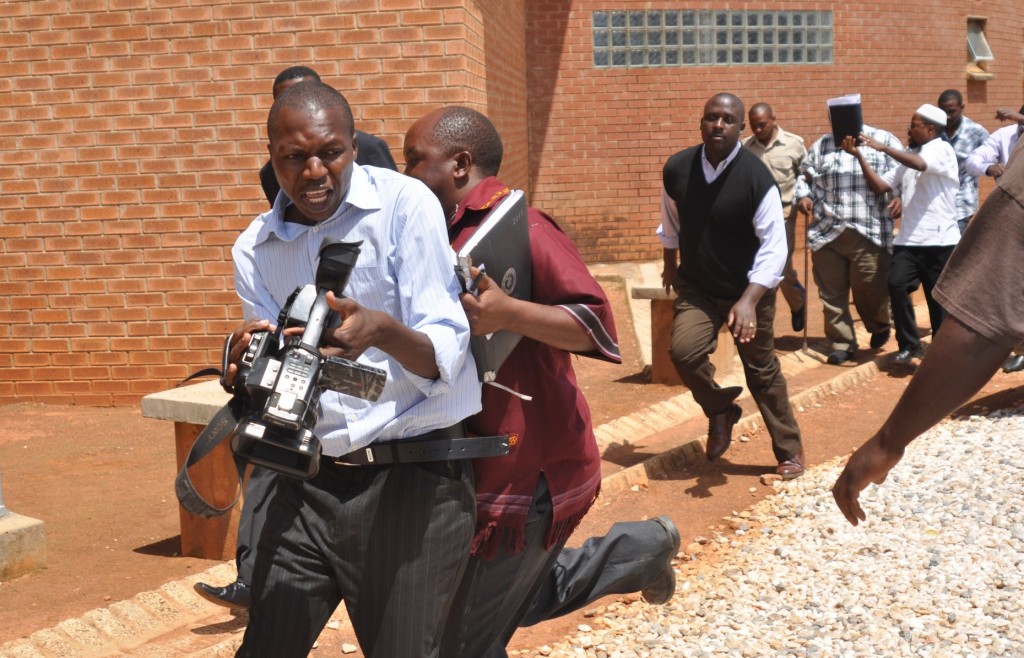
![]() read more
read more
Dix africains à Berlin – l’ultime étape de ‘Histoires Africaines’
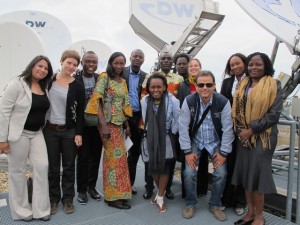 ” Ein, zwei, drei, …. Zehn. Ok tout le monde est là “, compte Stephie à l’entrée du métro sous le regard éberlué de tous, c’est-à-dire : Abiatou Oumarou du Benin, Khady Racine Diop du Sénégal, Elysée Ngindu Odia de la RDC, Madiha Boukal du Maroc, Ramata Konaté du Mali, Ibrahima Keita de la Guinée, Luigi Giovanni Temdie du Cameroun, Nestor Ebongo du Congo Brazzaville, Oumar Coulibaly du Burkina Faso et Taha Jemai de la Tunisie. Il s’agit des dix journalistes et techniciens audiovisuels venus à Berlin dans le cadre du projet ” Histoires Africaines “. Arrivés la veille, tous ont déjà subi le froid réfrigérant de l’été allemand. C’est donc bien équipé que la délégation africaine s’embarque pour une aventure à grande vitesse de 14 jours à Berlin.
” Ein, zwei, drei, …. Zehn. Ok tout le monde est là “, compte Stephie à l’entrée du métro sous le regard éberlué de tous, c’est-à-dire : Abiatou Oumarou du Benin, Khady Racine Diop du Sénégal, Elysée Ngindu Odia de la RDC, Madiha Boukal du Maroc, Ramata Konaté du Mali, Ibrahima Keita de la Guinée, Luigi Giovanni Temdie du Cameroun, Nestor Ebongo du Congo Brazzaville, Oumar Coulibaly du Burkina Faso et Taha Jemai de la Tunisie. Il s’agit des dix journalistes et techniciens audiovisuels venus à Berlin dans le cadre du projet ” Histoires Africaines “. Arrivés la veille, tous ont déjà subi le froid réfrigérant de l’été allemand. C’est donc bien équipé que la délégation africaine s’embarque pour une aventure à grande vitesse de 14 jours à Berlin.
![]() read more
read more




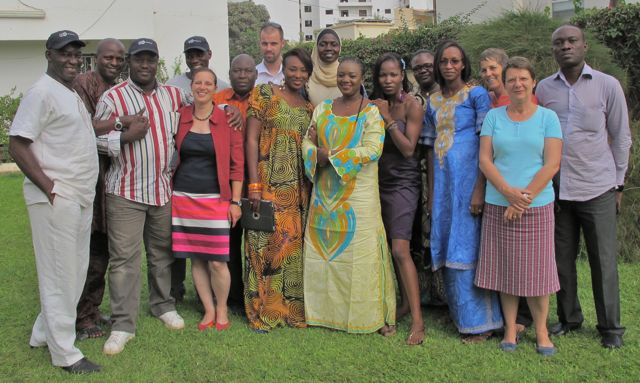





Feedback